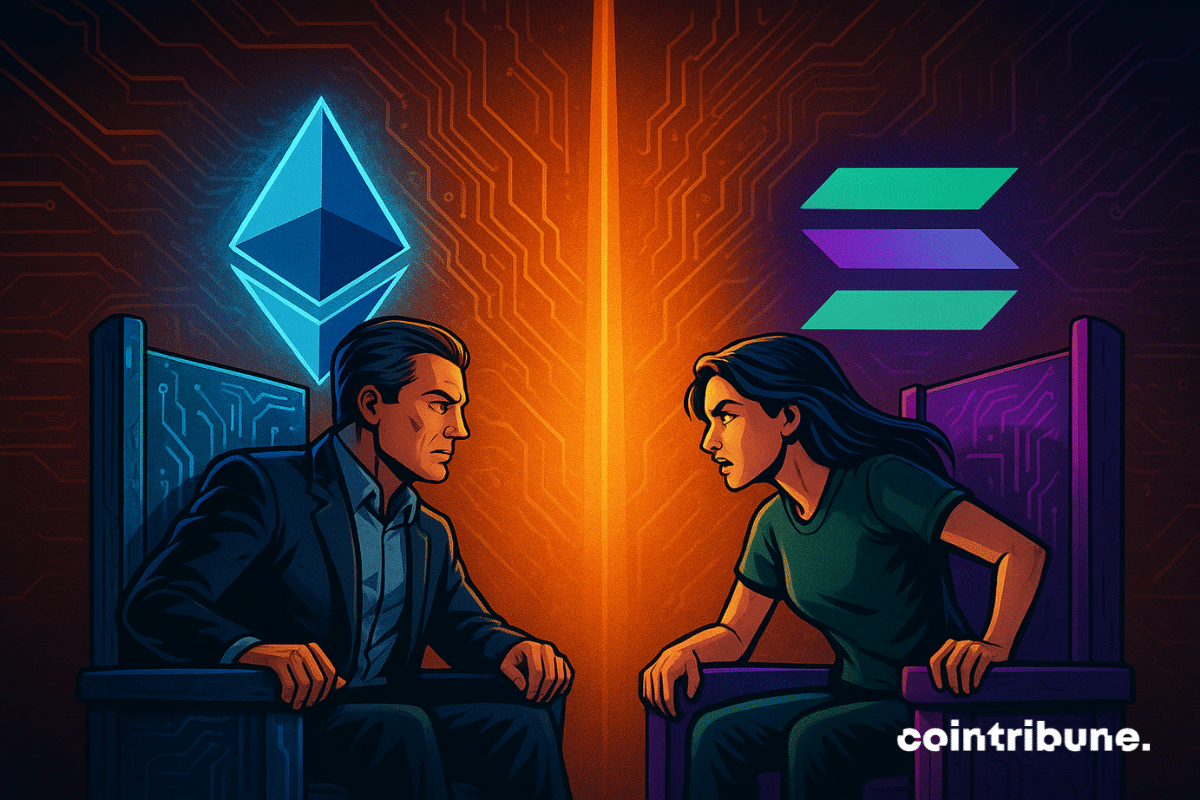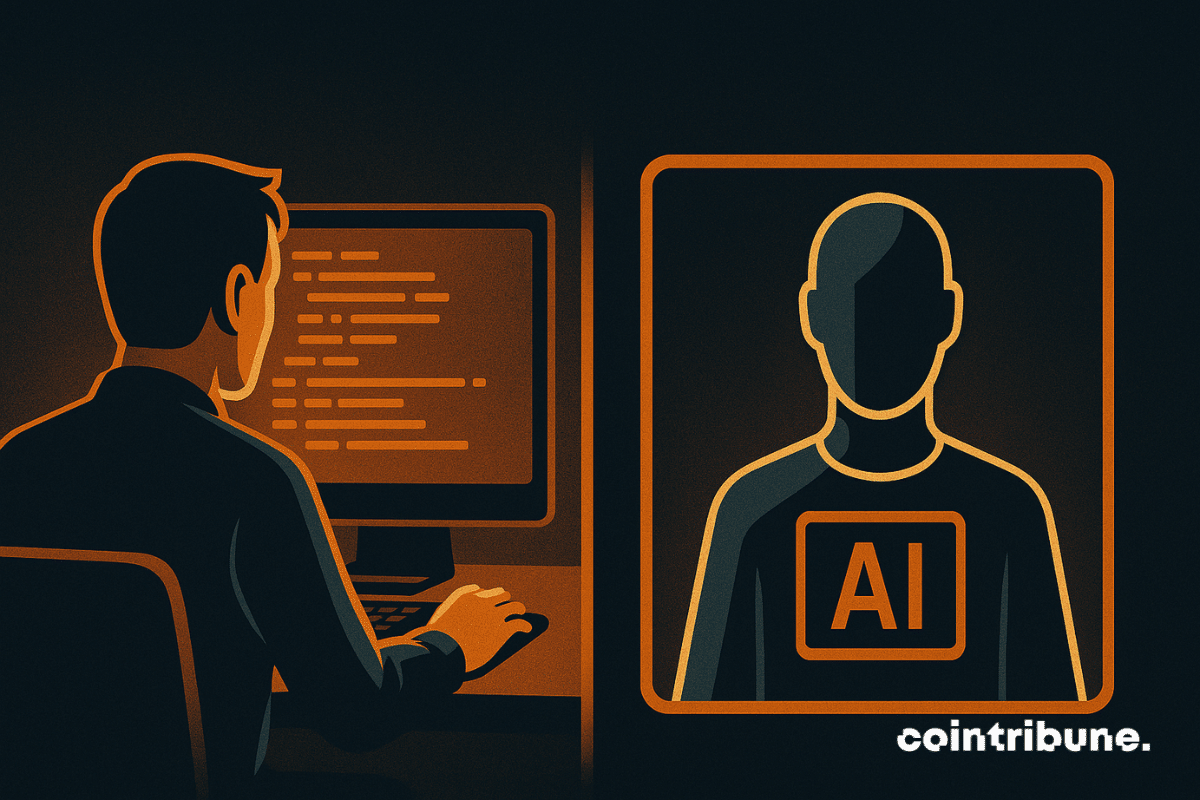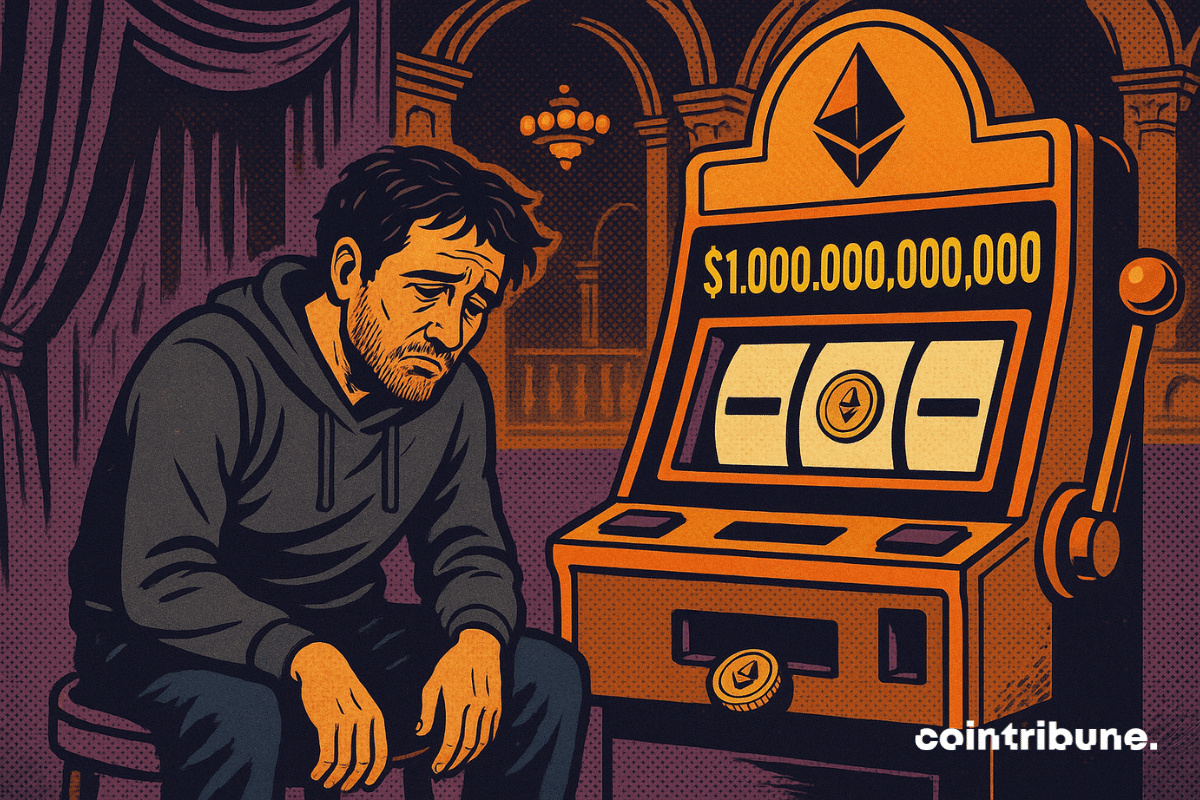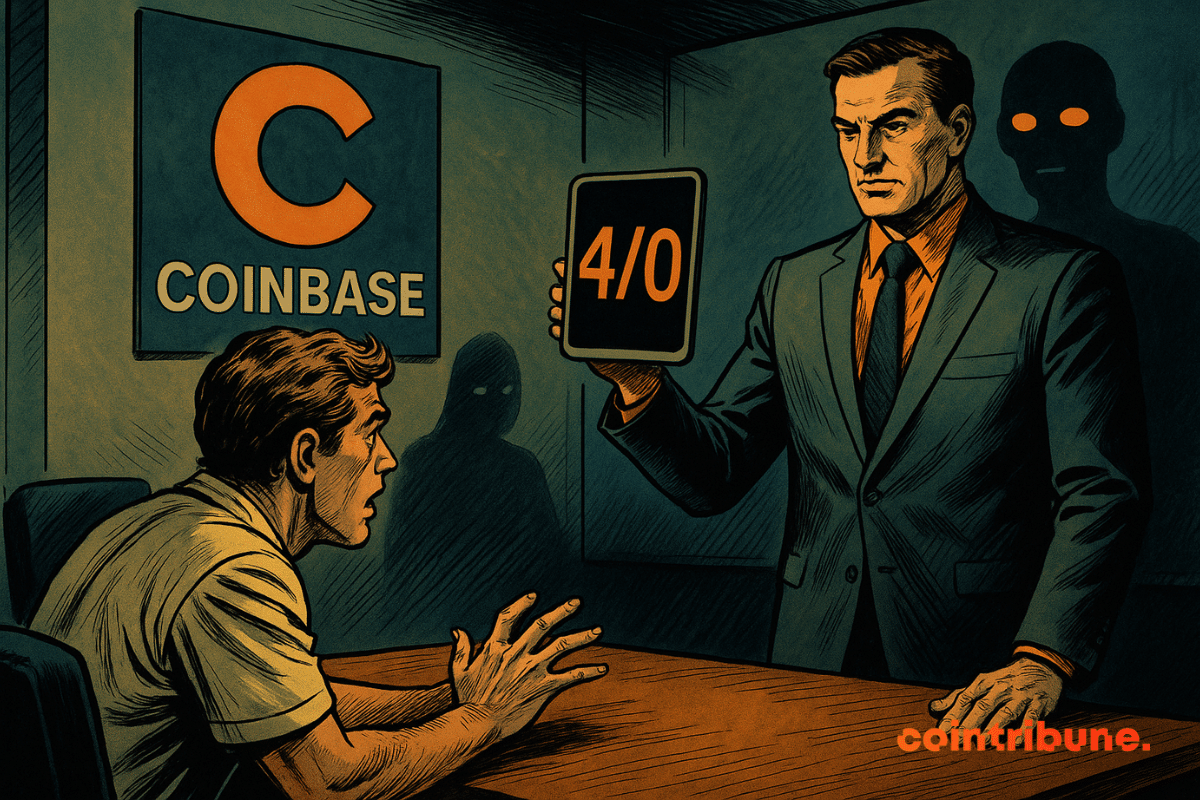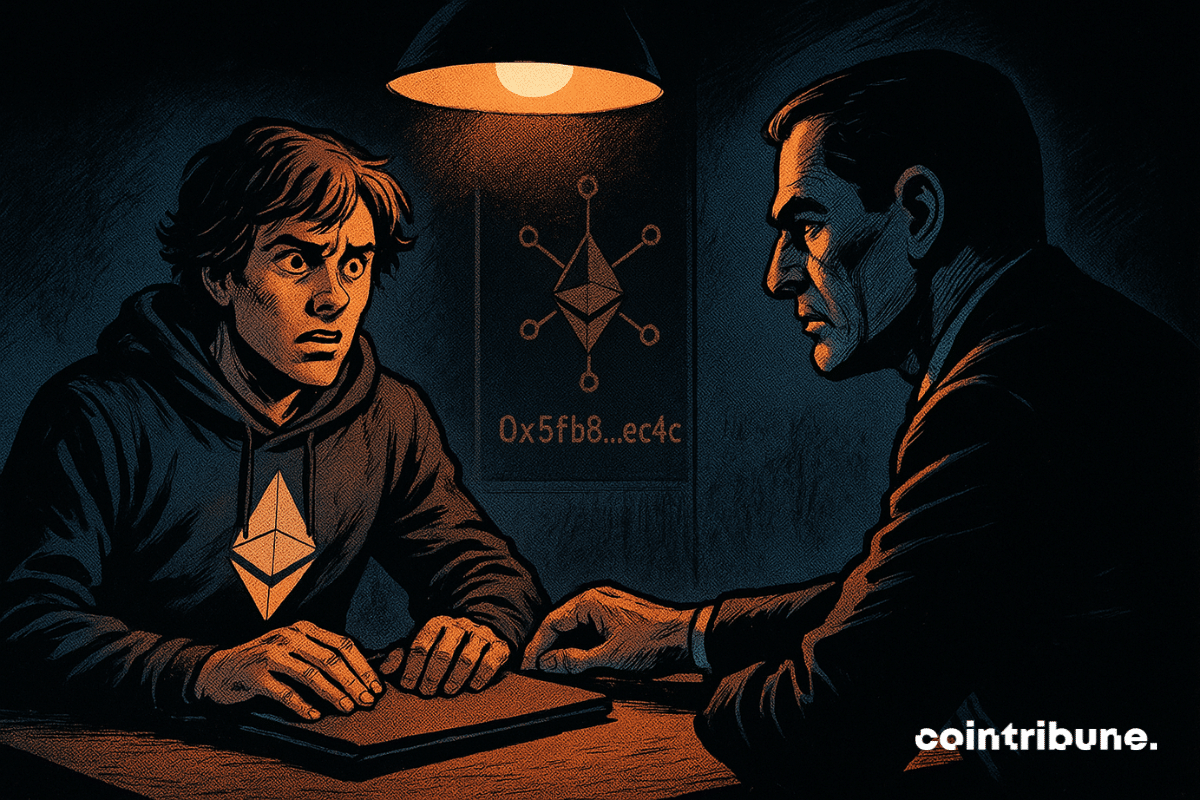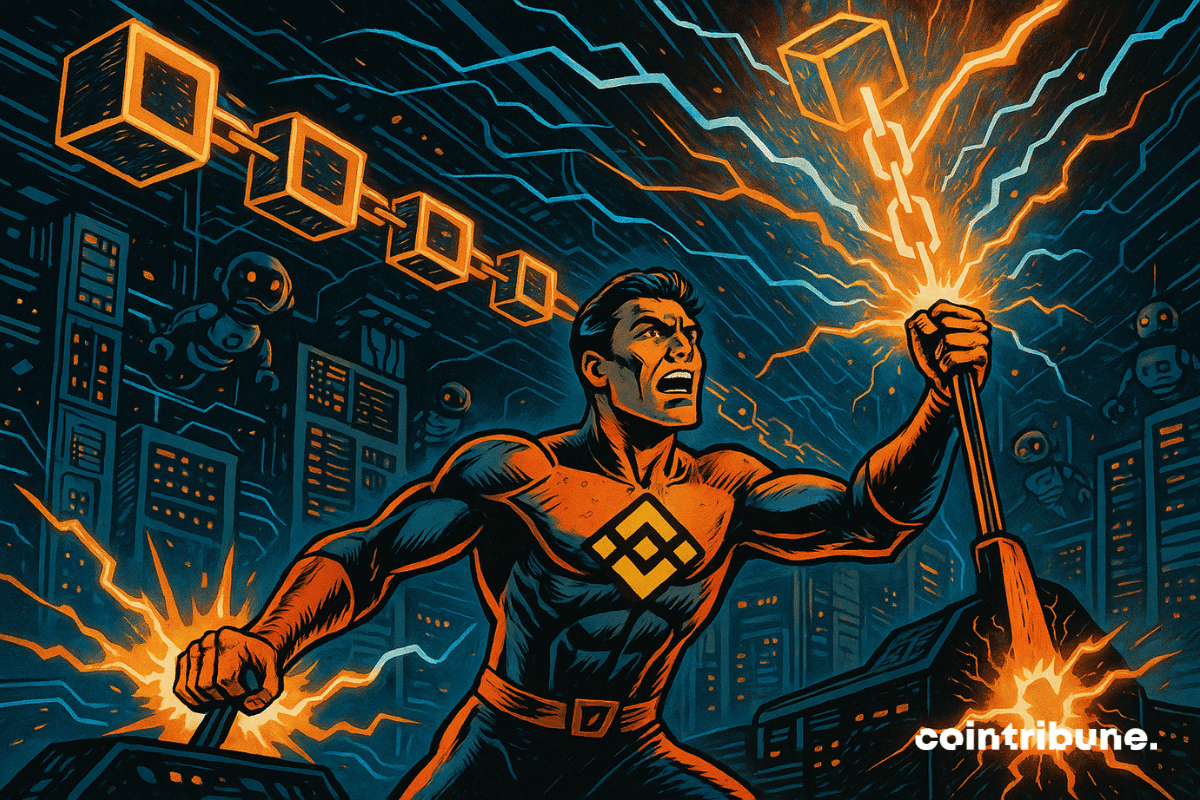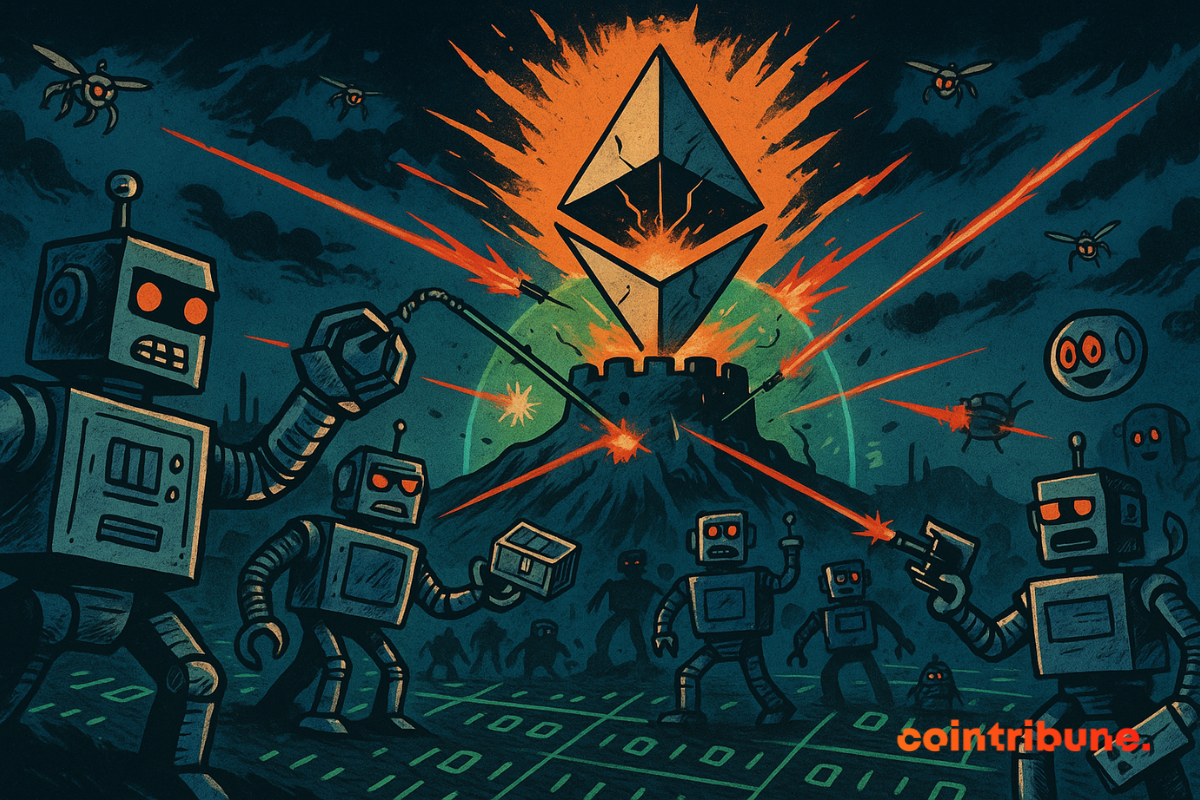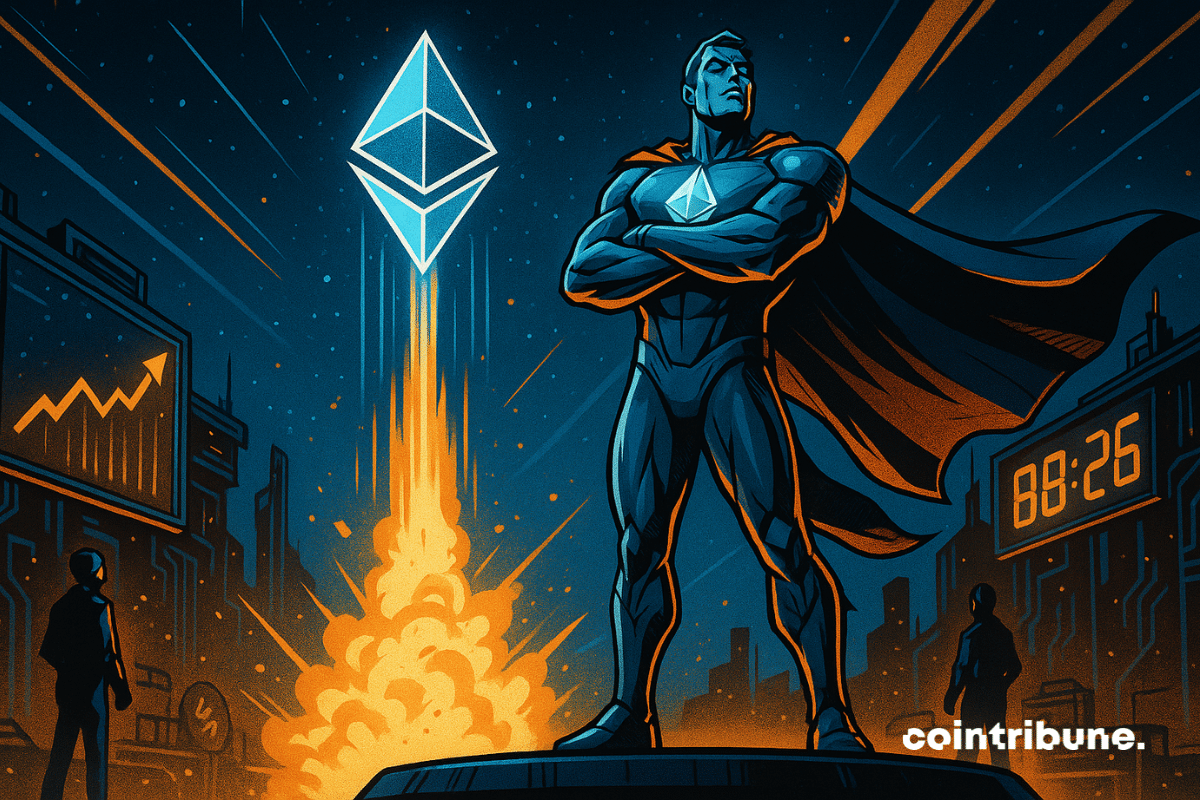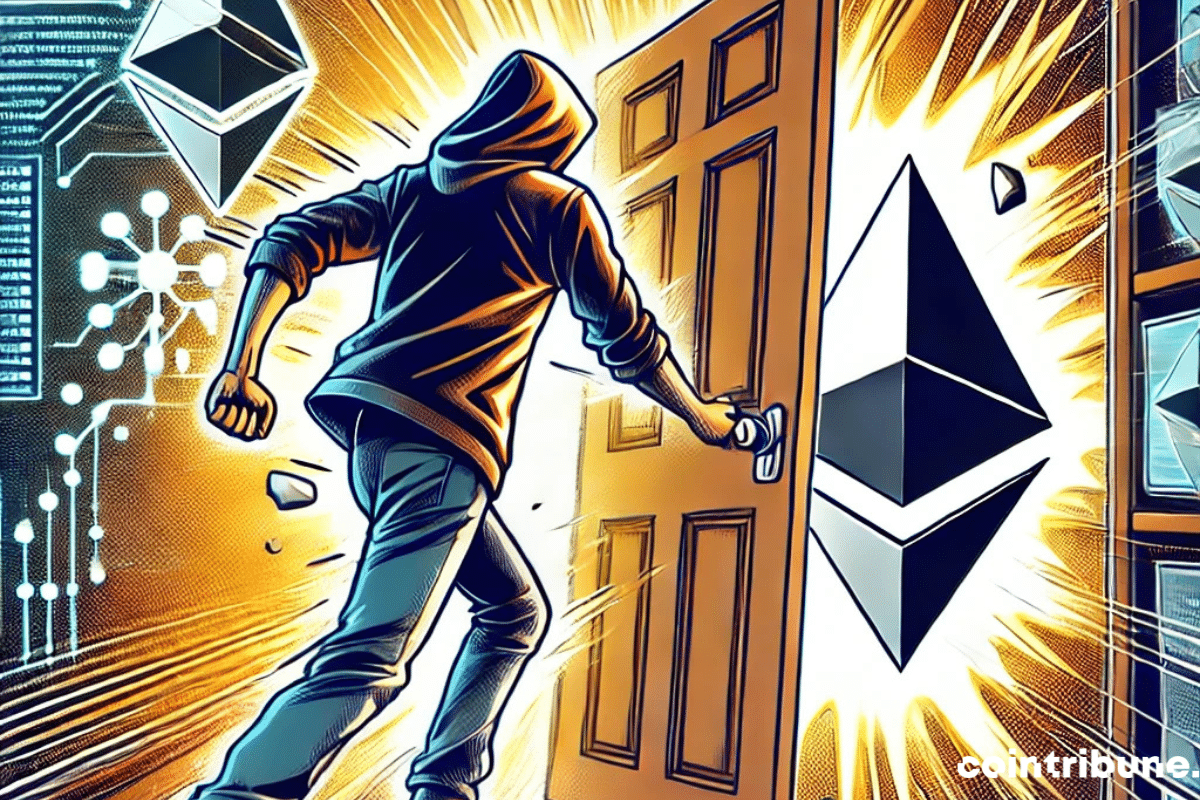Zcash’s developer activity has fallen to its lowest level since late 2021, as governance disputes and prolonged market weakness continue to cloud sentiment. The slowdown comes amid a sustained decline in ZEC’s price, even as large holders continue to accumulate the token. At the same time, these trends point to an increasingly complex outlook for one of the crypto sector’s longest-standing privacy-focused networks.
Developers
Solana Mobile has confirmed plans to distribute its new ecosystem token, SKR, through an airdrop scheduled for January 20. Distribution will target second-generation Seeker smartphone users and developers building apps for the device. Earlier Saga phone owners will not qualify, marking a shift toward the newer hardware.
Bitcoin’s Lightning Network has reached a new capacity record as major exchanges add more funds and developers roll out new tools. At the same time, an upgrade to Taproot Assets is pushing Bitcoin closer to supporting multiple asset types on its base ecosystem.
Strong market interest returned to TON, with the token climbing to $1.60 after an 8.33% daily rise. Growing activity across Telegram-linked applications, steady technical signals, and a packed month of ecosystem releases added fresh confidence to traders. Even while the broader market continues to struggle, TON stands out as one of the sharpest moves among major networks.
Fragmentation across Ethereum’s Layer 2 networks has become a growing concern, pushing the Ethereum Foundation to propose a new direction. Scaling has delivered faster transactions and lower fees, but it has also complicated the user experience. Bridges, chain-specific wallets, and scattered liquidity continue to slow activity across the ecosystem. The proposed Ethereum Interop Layer (EIL) aims to bring these parts back together and restore a more unified experience.
A recent analysis of blockchain developer activity has revealed a strong influx of new talent across major ecosystems, with Ethereum maintaining its dominance. The report, based on data from Electric Capital, highlights shifting developer trends and growing debates over how blockchain contributions are tracked.
According to the Google Cloud DORA 2025 report, 90% of developers now integrate AI into their daily lives. However, less than a quarter of them actually trust its results. Between increased productivity and persistent skepticism, the industry navigates a paradox.
Ethereum shines in the crypto sky, but its brains struggle to make ends meet. Jackpot for the blockchain, crumbs for the coders: find the error, or the irony of the century.
Coinbase puts its engineers on a dry diet: AI already codes 40% of the in-house software. Armstrong rejoices, skeptics grumble. Rapid layoffs for latecomers.
An Ethereum developer known as “Fede’s Intern” has been detained in Turkey amid allegations of helping users misuse the blockchain. The case has caused hesitations within the crypto community, however no actual charges have been validated at this moment.
Solana’s core development team is preparing to significantly raise the network's computational capacity with a new proposal. The Solana compute unit limit increase aims to meet the growing demands of high-performance decentralized applications (dApps).
The BNB Smart Chain is accelerating and scaling up. Since June 30, Binance's blockchain has been processing a block every 0.8 seconds thanks to the Maxwell update, a technical leap that brings it closer to the fastest standards in the industry. Behind this evolution is a clear objective: to remain competitive in the intensifying race for performance in DeFi. In an era where every millisecond counts, the BNB Smart Chain asserts its determination to dominate a Web3 where speed conditions adoption.
As the Ethereum ecosystem continues its quest for performance, the Fusaka fork is set to mark a decisive milestone. Without fanfare or technological disruption, this update targets precise optimizations of the virtual machine and blob management. Far from any publicity stunts, it could nonetheless sustainably enhance the network's efficiency.
Conceived as a decisive step towards account abstraction, the Pectra update is already disrupting the security balances on Ethereum. Introducing the EIP-7702 standard, supported by Vitalik Buterin, it allows wallets to temporarily behave like smart contracts. However, scarcely deployed, this innovation is being hijacked on a large scale to automate attacks. Far from eliminating risks, the evolution of the protocol creates new, more subtle ones that hackers are already rushing to exploit.
Ethereum is about to reach a decisive milestone. With EIP-7928, a bold proposal has just been introduced to allow parallel execution of transactions on Layer 1. Long considered an almost insurmountable challenge due to risks to system consistency, this advancement could profoundly transform the network's architecture. In response to the persistent scalability limits, this new technical milestone reignites discussions among developers and marks a potential turning point for Ethereum's evolution towards enhanced efficiency without compromising security.
Blockchain in decline? Developers are abandoning the crypto space at an alarming rate. We provide all the details in this article!
Ethereum Pectra update postponed! A new testnet is scheduled for March, but the final date remains uncertain. Details in this article!
In the world of crypto, it is generally expected that innovation and decentralization go hand in hand. However, a recent controversy surrounding the leadership of Ethereum has shaken this ideal. The departure of a lead developer, Eric Conner, following a public disagreement with Vitalik Buterin, raises new questions about the project's direction.
Bitcoin on its deathbed? That's what Matt Corallo, a prominent developer of Bitcoin Core, seems to suggest in an analysis as brilliant as it is chilling. Exclusive revelations on the existential challenges threatening the queen of cryptos.
China is embracing the crypto revolution? Over 50,000 developers are working on the state's blockchain platform!





